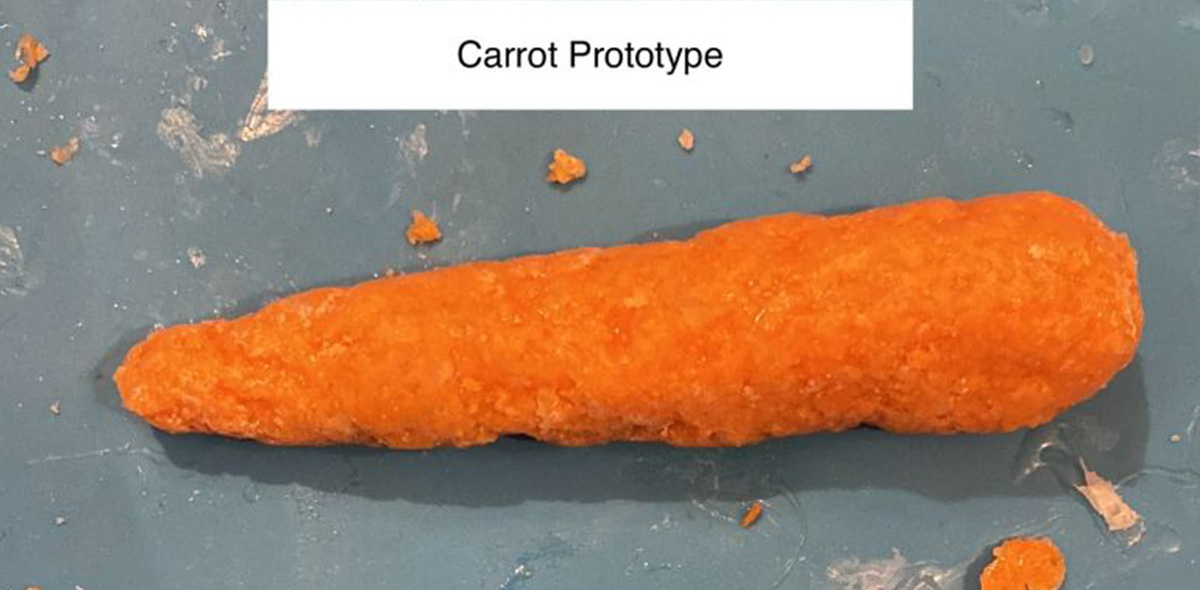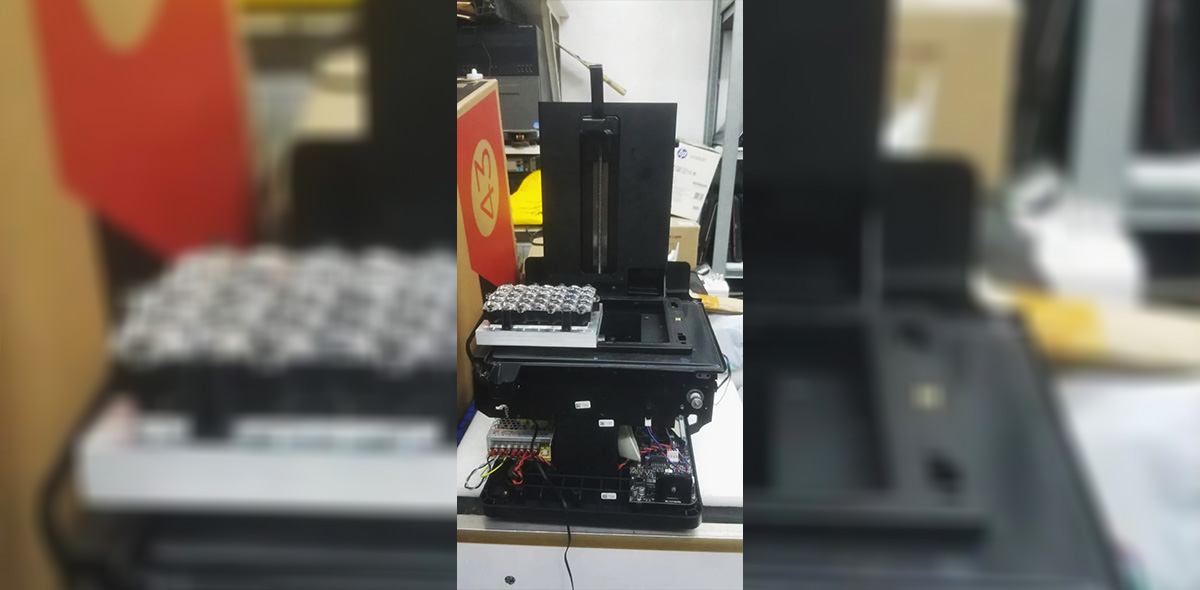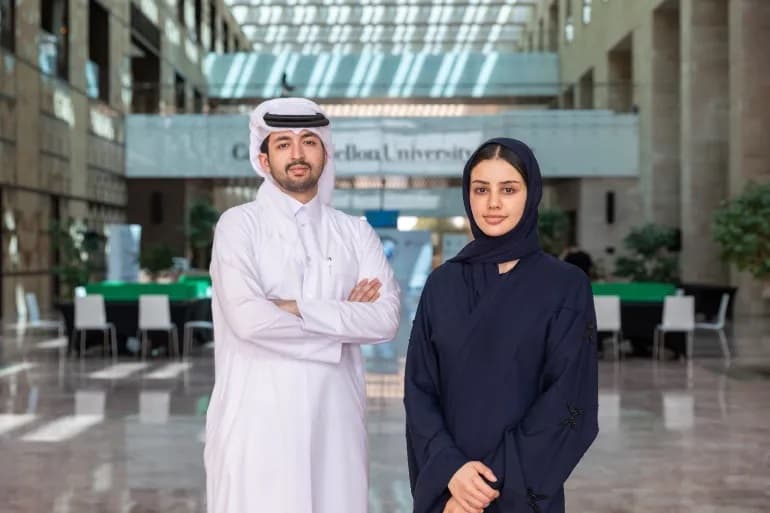
Qatari students are aiming to make "food accessible to people all over the world" with their newly invented 3D printer. According to them, the carrot prototype printed on it is just as nutritious as regular carrots. The Qatari TV channel Al Jazeera told about the young inventors.
Two students in Qatar have created a 3D printer that can mass print vegetables. They hope that this will be a solution to the problem of growing food security around the world.
Mohammad Annan, 20, and Lujain Al Mansouri, 21, use artificially grown plant cells and ultraviolet light to print a prototype of edible carrots – something that has not yet been done with vegetables.
Students studying information systems at Carnegie Mellon University in Doha won the main prize in the FoodTech category at the business Incubation and Acceleration hackathon organized in August by the Qatar Development Bank.
Annan and Al Mansouri created their own 3D printer from scratch, scouring the world for the parts needed for a machine that could print carrots in a revolutionary way.

Until now, edible products printed on a 3D printer were made from mashed vegetables or fruits grown in the traditional way, for example, for printing food for people with eating disabilities. But these methods cannot support mass production.
Annan and Al Mansouri used modern masked stereolithography technology, where ultraviolet light is used to fix the "ink", in their 3D printer, which provides fast and mass printing compared to previously existing 3D printing methods.
Two young scientists are trying to explain their project simply and clearly, but admit that one of the biggest problems was to make the technology accessible to non-professionals.
Only 2.5% of Qatar's area is arable, and many other countries are also facing this problem.
"Qatar ... is heavily dependent on imports," Annan said, adding that the country has recently been working to reduce this dependence and grow its own food, which has its own difficulties.
"Converting land that wasn't even intended for agriculture into arable land obviously requires very high costs, so we wanted to offer a solution... and we found that 3D printing and lab-grown vegetables or fruits could be an alternative."
Using a process known as plant cell culture, vegetable cells are harvested and propagated in sterile laboratory conditions. They are then used to create UV-sensitive "ink" for the printer. Then they can be cast into cells and printed on a 3D printer in the shape of a carrot or any other shape.
"We focused on carrots as a proof of concept because they are the most researched type of vegetable, especially in terms of stem cells. But in the future we hope to consider fruits and vegetables that are very specific," says Al Mansouri.

She added that carrots printed on a 3D printer have the same nutritional value as carrots grown in the traditional way, since the soil environment is simulated in the laboratory.
According to the latest UN report released in July, 735 million people are currently facing hunger, and since 2019, another 122 million people have faced hunger as a result of the COVID-19 pandemic, climate change and conflict.
Al Mansouri says that the cost of food printed on a 3D printer has been called a possible problem, but since such production does not depend on large areas of land or maintenance costs, carrots printed on a 3D printer may be cheaper.
"Currently, 3 kg [of carrots cost] 15 rials (US$ 4.12). We can sell 3 kg [of 3D-printed carrots] for 10 rials ($2.75), just for carrots. When we try to switch to fruits and vegetables adapted to climatic conditions, the price will be even lower," she said.
Al Mansouri expressed hope that food 3D printers will eventually be used everywhere, including in restaurants, supermarkets and hospitals, "making food accessible to people all over the world."
ORIENT news
